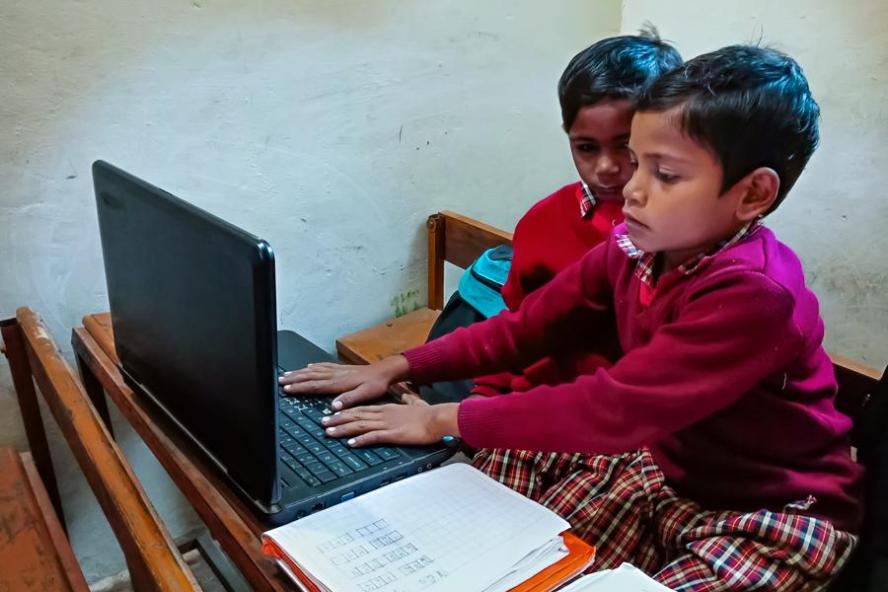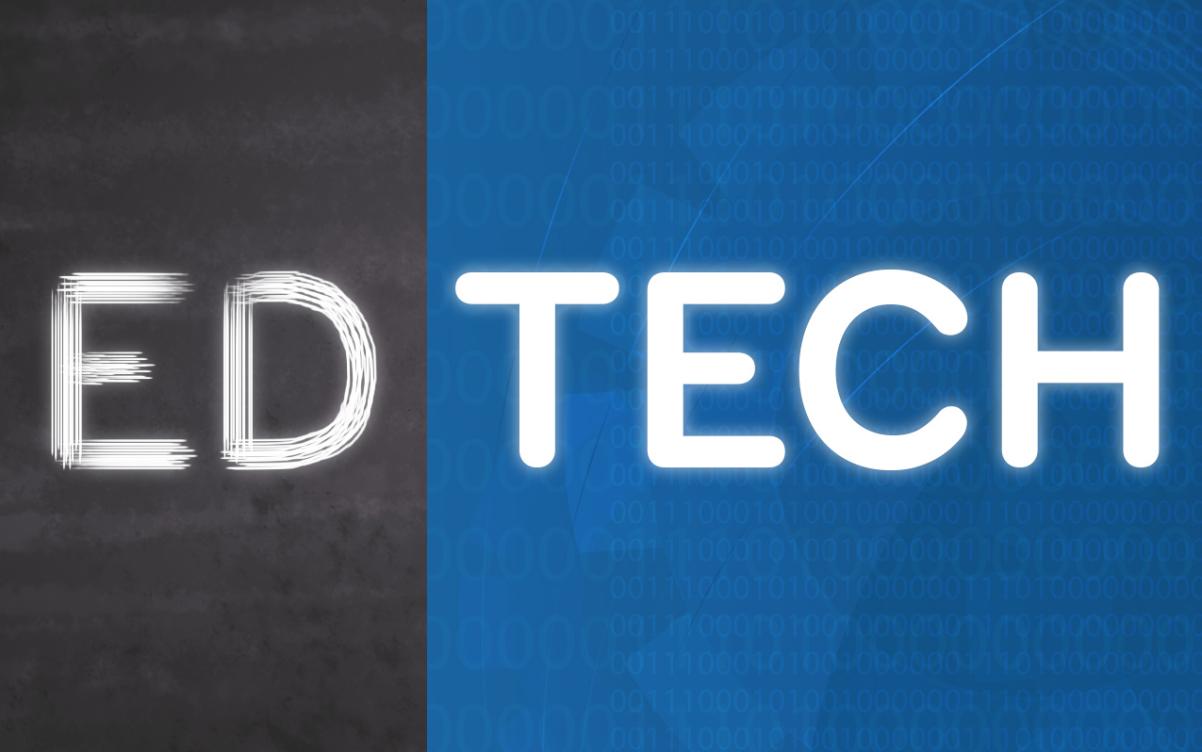What Are the Future Trends of AI Edtech in the United Arab Emirates?
The United Arab Emirates (UAE) is at the forefront of adopting artificial intelligence (AI) technologies to transform its education sector. AI Edtech, the integration of AI into educational practices, has the potential to revolutionize learning and teaching methodologies, creating personalized, engaging, and effective learning experiences for students. This article explores the key future trends of AI Edtech in the UAE, highlighting its potential to address educational challenges and enhance learning outcomes.

Key Future Trends In AI Edtech In The UAE
A. Personalized Learning:
- AI-powered adaptive learning platforms will tailor education to individual student needs, creating personalized learning paths.
- Real-time feedback and progress tracking will enable students to monitor their performance and identify areas for improvement.
- Virtual tutors and mentors powered by AI will provide individualized support, guidance, and feedback to students.
B. Immersive Learning Experiences:
- Augmented reality (AR) and virtual reality (VR) will create engaging and interactive learning environments, enhancing motivation and knowledge retention.
- Gamification and simulations will make learning more enjoyable and effective, fostering a deeper understanding of complex concepts.
- 3D visualization and interactive simulations will provide students with a hands-on experience of abstract concepts.
C. AI-Enabled Assessment:
- AI-powered assessment tools will provide real-time feedback and insights into student performance, helping educators identify strengths and weaknesses.
- Automated grading and analysis of student performance will reduce the burden on educators and provide timely feedback to students.
- AI-driven plagiarism detection and academic integrity measures will ensure the authenticity and originality of student work.
D. Data-Driven Insights:
- AI analytics platforms will collect and analyze student data, providing educators and administrators with valuable insights into learning patterns, strengths, and weaknesses.
- Data-driven decision-making will enable educators to tailor instruction, identify at-risk students, and optimize learning outcomes.
- Real-time data analysis will allow for immediate adjustments to teaching strategies and interventions, ensuring students receive the support they need.
E. Blended Learning Models:
- AI-powered platforms will facilitate seamless integration of online and offline learning experiences, creating blended learning environments.
- Hybrid classrooms combining face-to-face and virtual instruction will provide students with flexibility and personalized learning opportunities.
- Blended learning models will cater to diverse learning styles and preferences, enhancing engagement and retention.
F. AI-Powered Language Learning:
- AI-based language learning platforms will adapt to individual proficiency levels, creating personalized learning paths for language acquisition.
- Interactive language learning games and simulations will make language learning more engaging and effective.
- Real-time pronunciation and grammar feedback will help students improve their language skills and fluency.
Challenges And Opportunities
While AI Edtech holds immense promise, its implementation in the UAE faces several challenges. These include the need for robust infrastructure, teacher training, and ethical considerations. However, the opportunities presented by AI Edtech are significant. It has the potential to address educational challenges such as access to quality education, personalized learning, and assessment, and enhance learning outcomes for all students.
AI Edtech is poised to revolutionize education in the United Arab Emirates. By harnessing the power of AI, educators can create personalized, engaging, and effective learning experiences that cater to the diverse needs of students. AI Edtech has the potential to transform the education landscape, empowering learners with the skills and knowledge they need to succeed in the 21st century.

YesNo

Leave a Reply